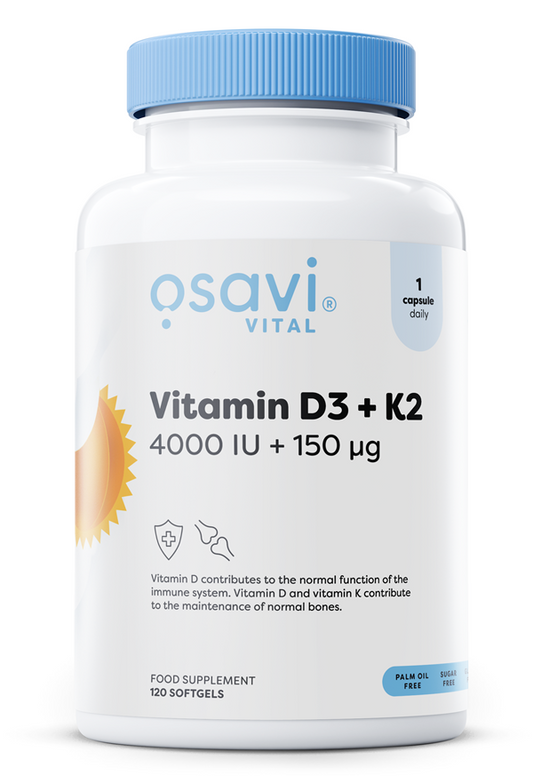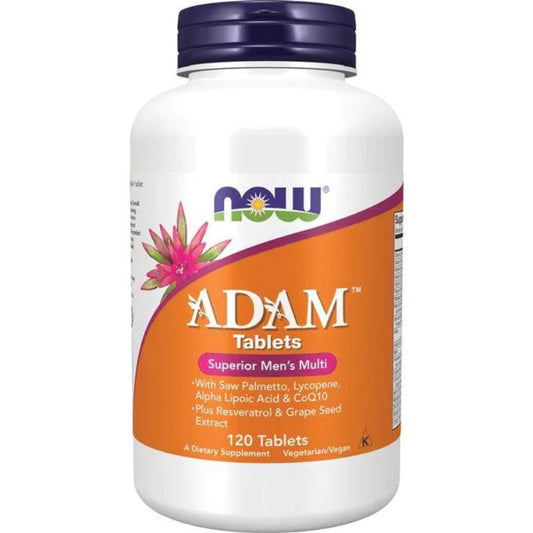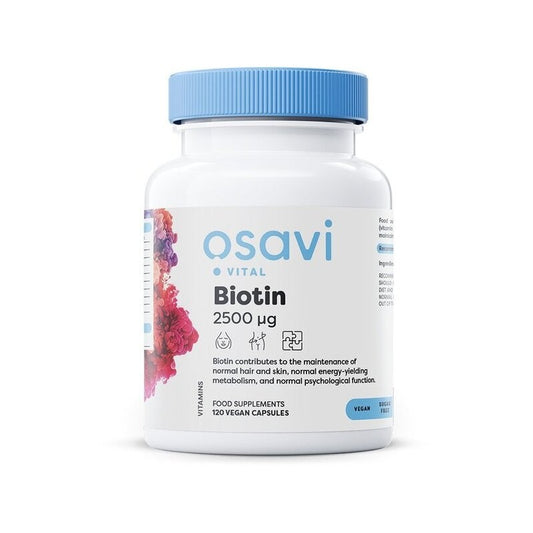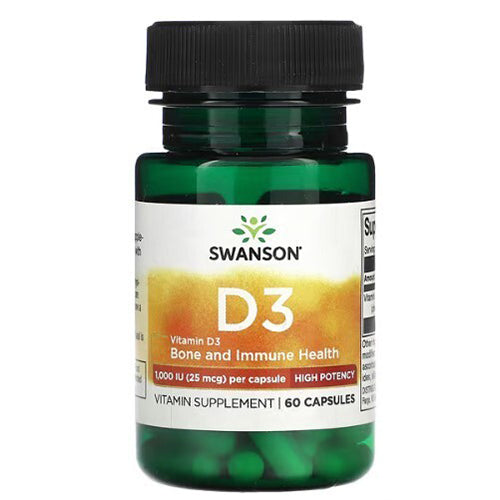
Omega-3 Fatty Acids: Essential Fats for Heart, Brain, and Beyond
Jakub SkibaOmega-3 fatty acids are essential nutrients that play an important role in overall health, supporting key body functions from heart performance to brain activity, mood and joints comfort. These healthy fats cannot be produced by the body, so they must be obtained from food or supplements. Many people do not get enough omega-3s in their diet, making it important to understand their benefits, the different types, and how to include them in your daily routine. Omega-3s contribute to maintaining normal heart rhythm, supporting brain function, promoting eye health, and supporting healthy inflammatory balance in the body. Including them as part of a balanced diet can help you maintain overall wellness and energy levels.
What Are Omega-3 Fatty Acids?
Omega-3s are essential polyunsaturated fatty acids that your body cannot make on its own. You need to get them from food or supplements.
The three main types of omega-3s are:
-
ALA (alpha-linolenic acid): Found in plant oils like flaxseed, chia, and walnuts
-
EPA (eicosapentaenoic acid): Found in fatty fish and fish oil
-
DHA (docosahexaenoic acid): Found in fatty fish and algae oil, important for normal brain and eye function
While ALA is essential, only a small portion is converted to EPA and DHA, so direct sources of EPA and DHA are recommended for optimal intake.
Why Omega-3s Matter: Health Benefits
Omega-3s contribute to several important aspects of health and body function:
Heart Health
Omega-3s support healthy triglyceride levels, normal blood pressure, and overall heart function. Both EPA and DHA contribute to maintaining healthy arteries and normal heart rhythm.
Brain Function and Mental Well-Being
DHA is a structural component of the brain. Omega-3s support normal cognitive function, helping maintain memory, focus, and mood.
Eye Health
DHA is also found in the retina and contributes to normal visual development and function.
Joint and Inflammatory Balance
EPA and DHA help maintain a healthy inflammatory response and support overall joint comfort.
Pregnancy and Child Development
Omega-3s support normal development of the brain, eyes, and nervous system during pregnancy and early childhood.
Recommended Daily Omega-3 Intake
There is no official RDA for omega-3s, but guidance from health organizations suggests:
|
Group / Life Stage |
Recommended Daily Intake |
|
General Adults (Heart Health) |
500–1,000 mg EPA + DHA per day |
|
People with Elevated Triglycerides (Medical Guidance) |
1,000–3,000 mg EPA + DHA per day |
|
Pregnancy and Breastfeeding |
200–300 mg DHA per day |
|
Adult Women (ALA) |
1.1 g per day |
|
Adult Men (ALA) |
1.6 g per day |
Top Food Sources of Omega-3 Fatty Acids
Omega-3s can be obtained from both animal and plant sources.
EPA & DHA (Marine Omega-3s):
-
Salmon (wild-caught)
-
Mackerel
-
Sardines
-
Anchovies
-
Herring
-
Tuna (light, canned)
-
Fish oil and krill oil supplements
-
Algae oil (plant-based DHA)
ALA (Plant-Based Omega-3s):
-
Flaxseeds and flaxseed oil
-
Chia seeds
-
Walnuts
-
Hemp seeds
-
Canola oil
-
Soybeans and tofu
Including direct EPA and DHA sources is recommended for maximum nutritional support.
Omega-3 Supplements
If your diet is low in fish or plant-based omega-3s, supplements can help you meet daily needs.
Types of Omega-3 Supplements:
-
Fish Oil: Provides EPA and DHA; widely used
-
Krill Oil: Contains EPA and DHA in phospholipid form
-
Algae Oil: Plant-based DHA (and sometimes EPA), suitable for vegetarians and vegans
Tips for Choosing Supplements:
-
Aim for at least 500 mg combined EPA + DHA per serving
-
Look for third-party testing for purity and freshness (IFOS, USP, NSF)
-
Enteric-coated capsules may reduce aftertaste
-
Store in a cool, dark place to maintain quality
Omega-3s are generally safe, but high doses can increase bleeding risk for people on blood-thinning medications. Always consult a healthcare provider before starting supplements.
Signs You May Not Be Getting Enough Omega-3s
Deficiency is uncommon but may occur in people who rarely eat fish or plant-based omega-3 sources. Possible indicators include:
-
Dry skin or brittle nails
-
Fatigue
-
Mood changes
-
Dry eyes
-
Joint stiffness
Key Takeaways
-
Omega-3s include ALA (plant-based) and EPA/DHA (marine-based)
-
They support heart function, cognitive performance, vision, and healthy inflammatory balance
-
Top sources: fatty fish, flaxseeds, chia seeds, walnuts, and algae oil
-
Aim for 500–1,000 mg EPA + DHA per day
-
Consider supplements if dietary intake is low — algae oil is a vegan-friendly option










